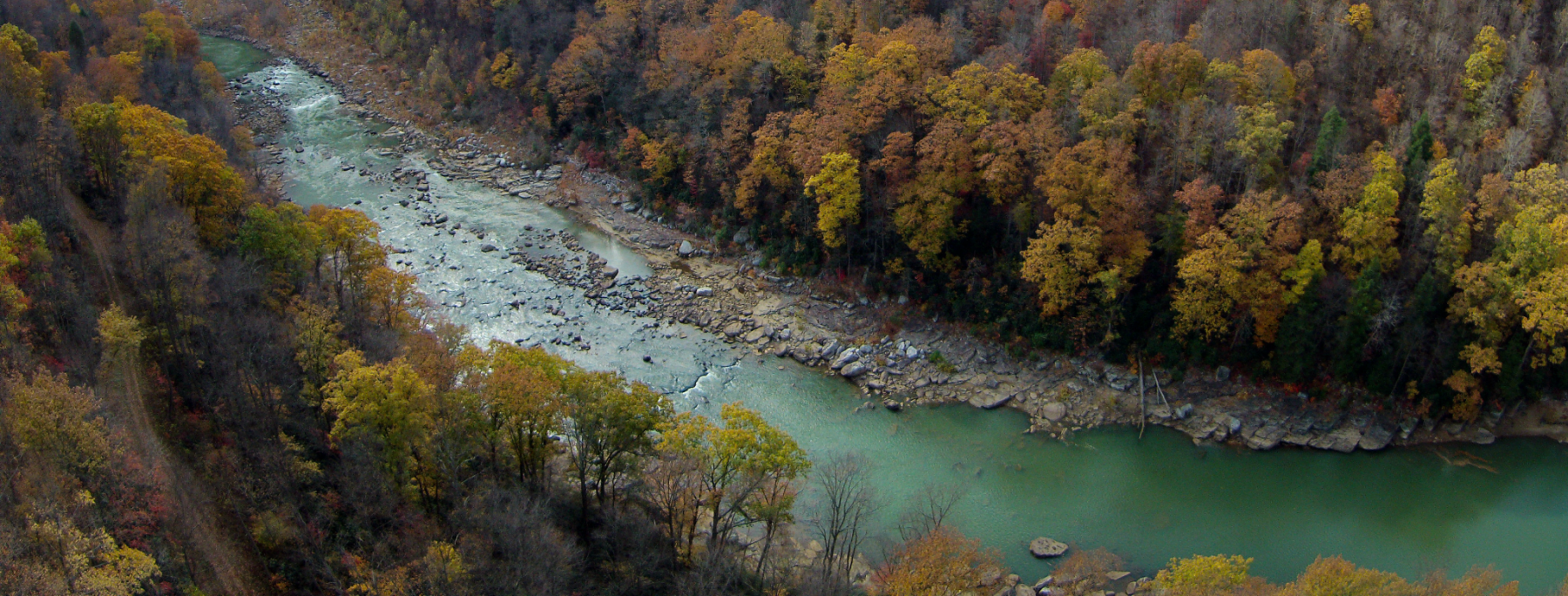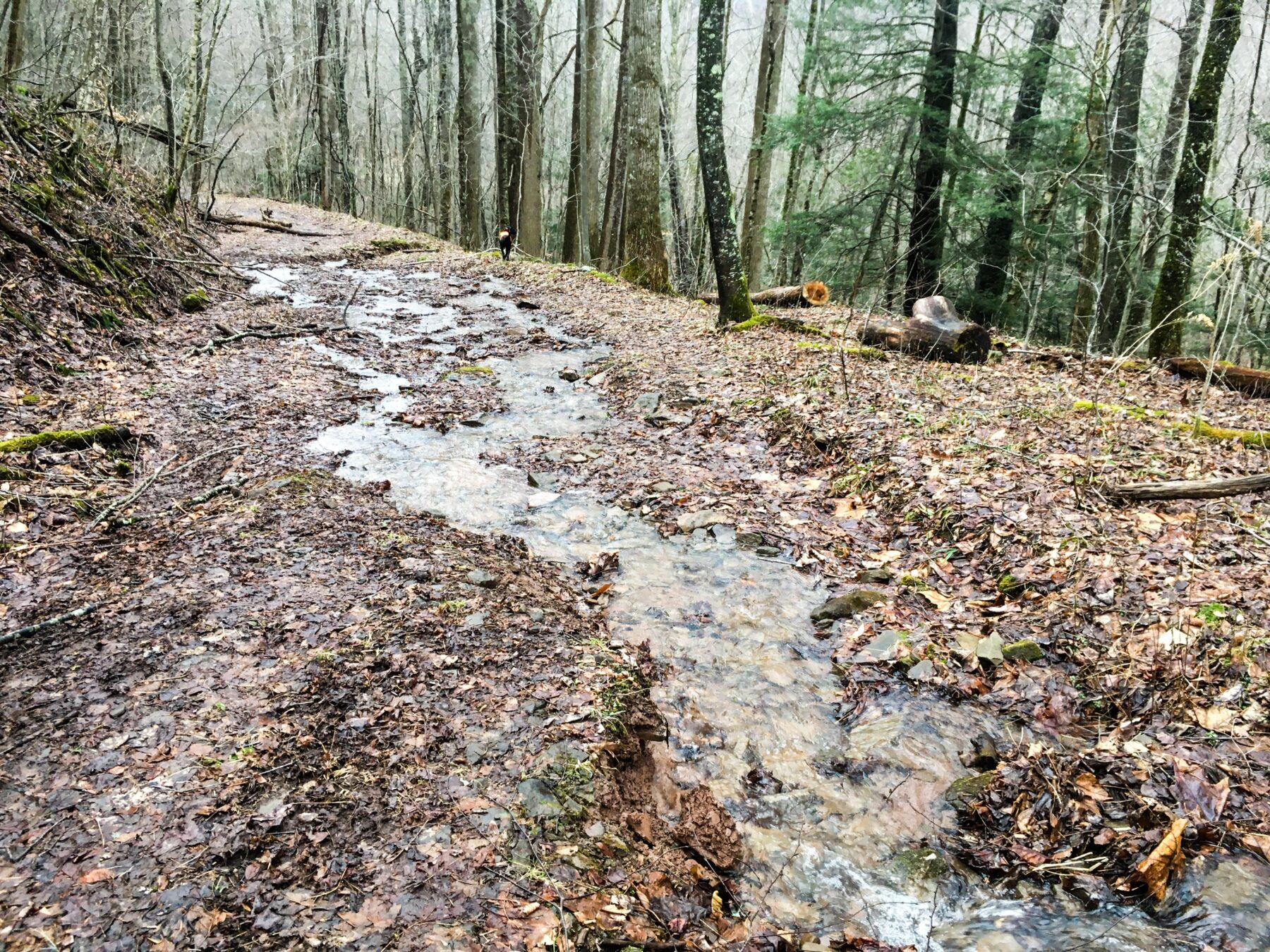
by Madison Ball, Conservation Program Director
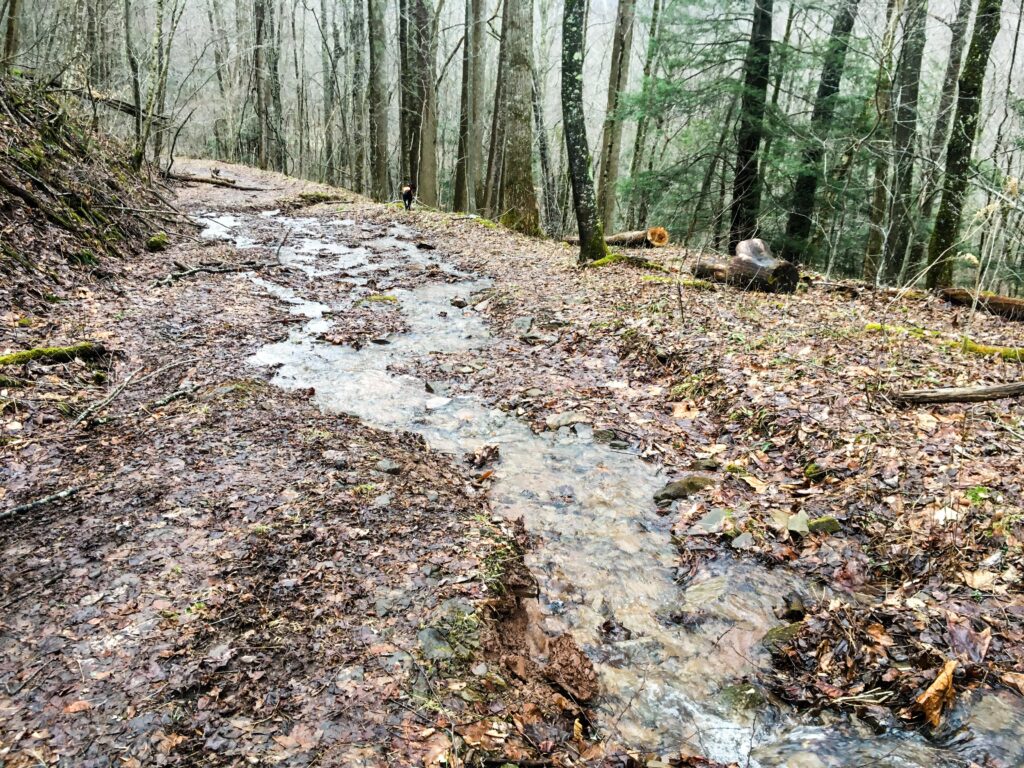
“I love it when a plan comes together.” This A Team reference aptly describes the series of events that has led to new funding, partnerships, and work for Friends of the Cheat on public lands in our headwaters.
With the absorption of the former Shavers Fork Coalition, our organization began looking to our headwaters to expand monitoring and restoration efforts. Our first step was submitting an EPA proposal for an intensive Watershed Based Planning project to identify, monitor, and plan for the restoration of water quality impairments, as well as plan for the protection of high quality conditions, in Shavers Fork and its tributaries.
Early in 2023, FOC met with the Monongahela National Forest (MNF) staff to see where project priorities overlapped in the Cheat watershed. In the meeting, it became clear that Shavers Fork was also a focal area for monitoring work for the Monongahela National Forest, and merging our monitoring efforts would result in a robust plan that would greatly benefit both parties. The end product of the discussion was the Monongahela National Forest providing funds and a partnership agreement for FOC to build off of our existing water quality monitoring efforts by monitoring for additional factors, such as the impact of historic logging roads to aquatic resources. The watershed staff with the MNF explained how roads left on a landscape can intercept groundwater, routing it along the landscape’s surface, which hastens the warming process and can also cause sedimentation: both of which are issues for species that depend on cold, high quality waters. Identifying these sites now could allow for the future planning and allocation of funding to restore groundwater hydrology on the forest in the future. This process can involve decommissioning roads that are no longer in use and restoring the natural slope on the landscape. FOC staff were excited to build off of this new partnership with the Monongahela National Forest, and dove in headfirst in November of 2023, with a joint training between MNF and FOC staff.
In tandem with our new Shavers Fork & MNF endeavors, midway through 2023 FOC staff were approached by The Nature Conservancy (TNC) and the Canaan Valley National Wildlife Refuge (CVNWR) to gauge our interest on partnering on a grant application that would merge habitat restoration techniques for both aquatic and terrestrial animals in the Upper Blackwater River watershed. FOC staff decided to go all in with this proposal idea and further FOC’s work portfolio on restoration techniques that include aquatic organism passage, riparian reforestation, and habitat and species monitoring.
Over the course of a month, FOC, TNC, CVNWR put together a robust application for the National Fish and Wildlife Foundation’s (NFWF) Central Appalachia Habitat Stewardship Program. Proposal development included a deep dive into existing data, several rounds of edits, and identification of additional partners and land managers to bring into the fold of the work. The work proposed included removing four stream barriers to improve fish passage for brook trout, improving 135 acres of forest to promote the red spruce ecosystem, restoring 74 acres of forest along streams, and monitoring for wood thrush and brook trout. As an added bonus, the project will also involve installing signage in key locations near refuge trail systems that highlight the work and educate locals and tourists alike about the importance of habitat restoration and the species that utilize these efforts.
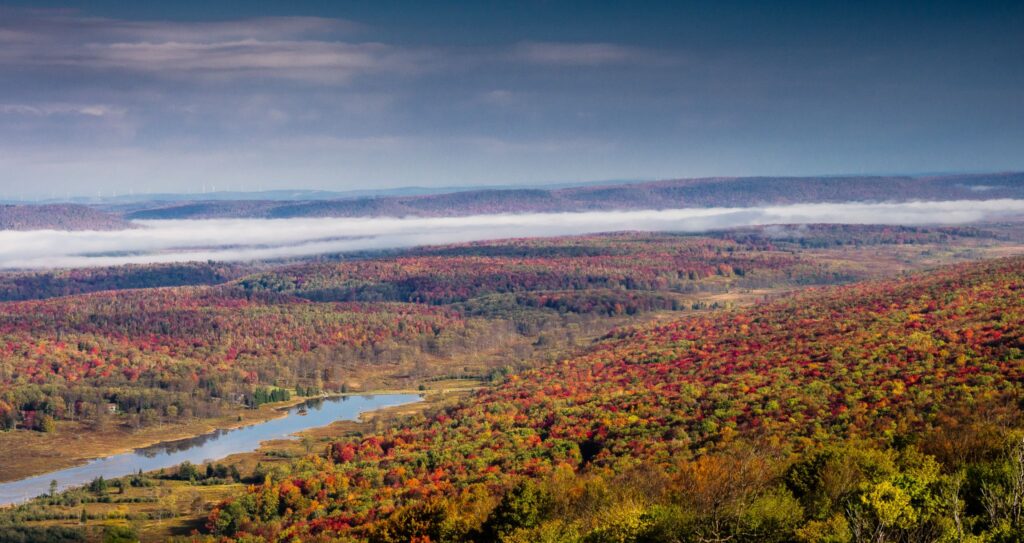
After submitting the proposal, the project team waited. But during this time, FOC’s partnership with TNC continued to grow: our new project partner is the Cheat Fest Presenting Sponsor for the 30th annual Cheat River Festival, and also secured additional funding for FOC to deploy staff to identify and complete rapid surveys of stream crossings.
The North Atlantic Aquatic Connectivity Collaborative (NAACC) Data Center has identified 2,635 stream crossings in the Cheat River Watershed, and only 19 of these sites have been surveyed to see if these crossings are acting as barriers to fish passage. These new funds would allow FOC staff to start to close the gap on these unassessed sites– but where to focus?
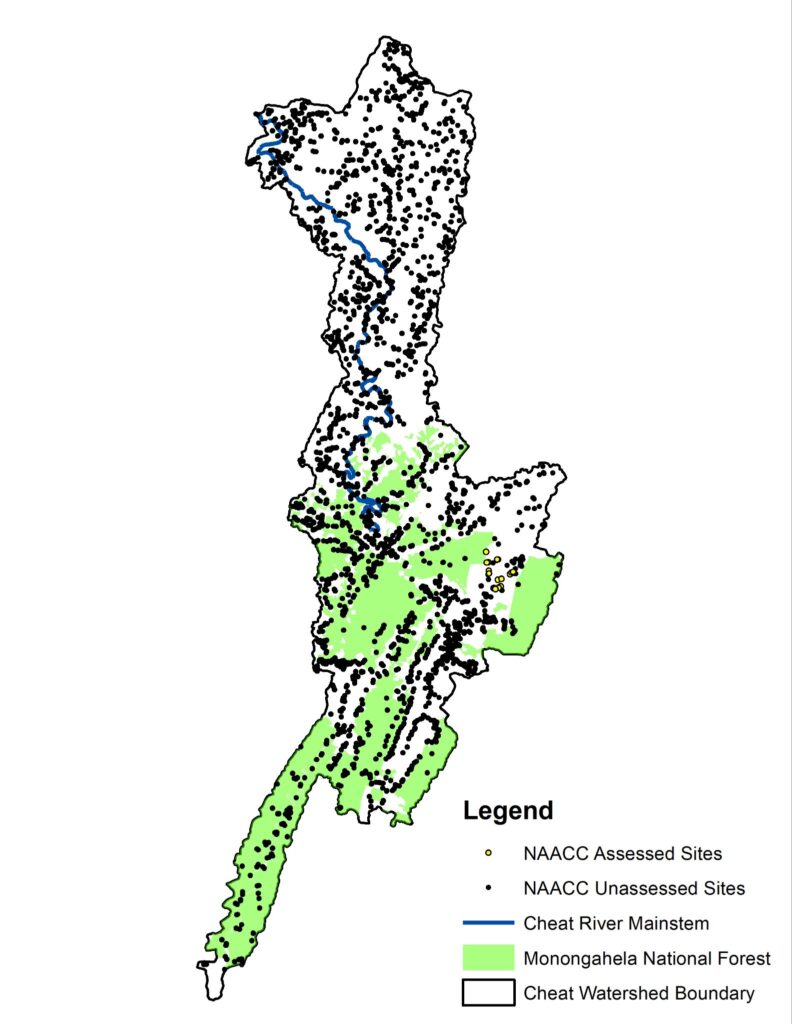
This question led to a win: win: win solution – FOC would complete NAACC surveys on all sites in the Upper Blackwater River watershed to complement the pending NFWF proposal, and would also focus work in the Shavers Fork to further complement our stout watershed planning effort with the Monongahela National Forest.
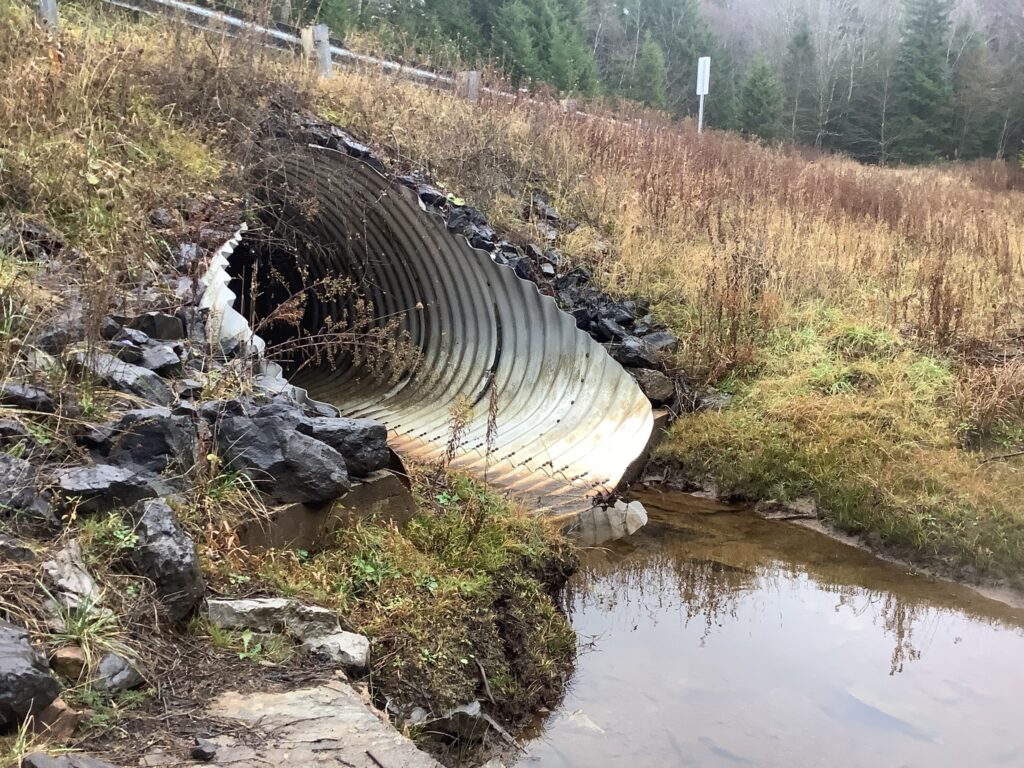
And finally, in November, we received the great news – our NFWF proposal with TNC and CVNWR was funded! Overall, our journey through 2023 resulted in a new woven fabric of partners, goals, and funding, which braided together shared ideas, watersheds, and resources. Stay tuned to our headwater work in 2024!

